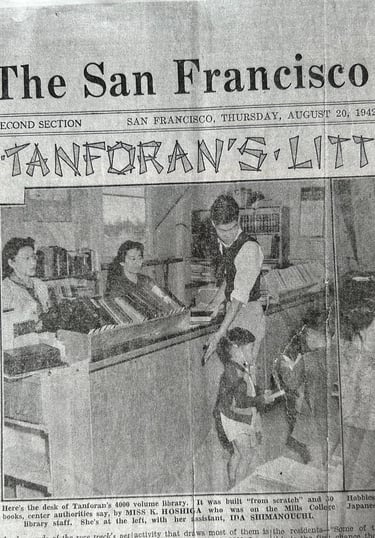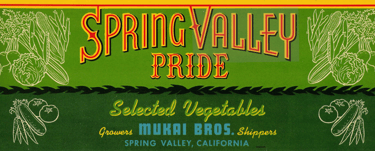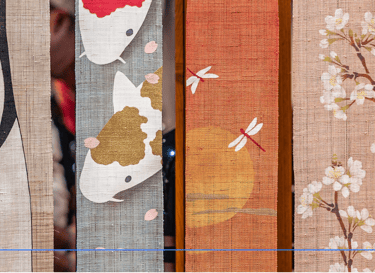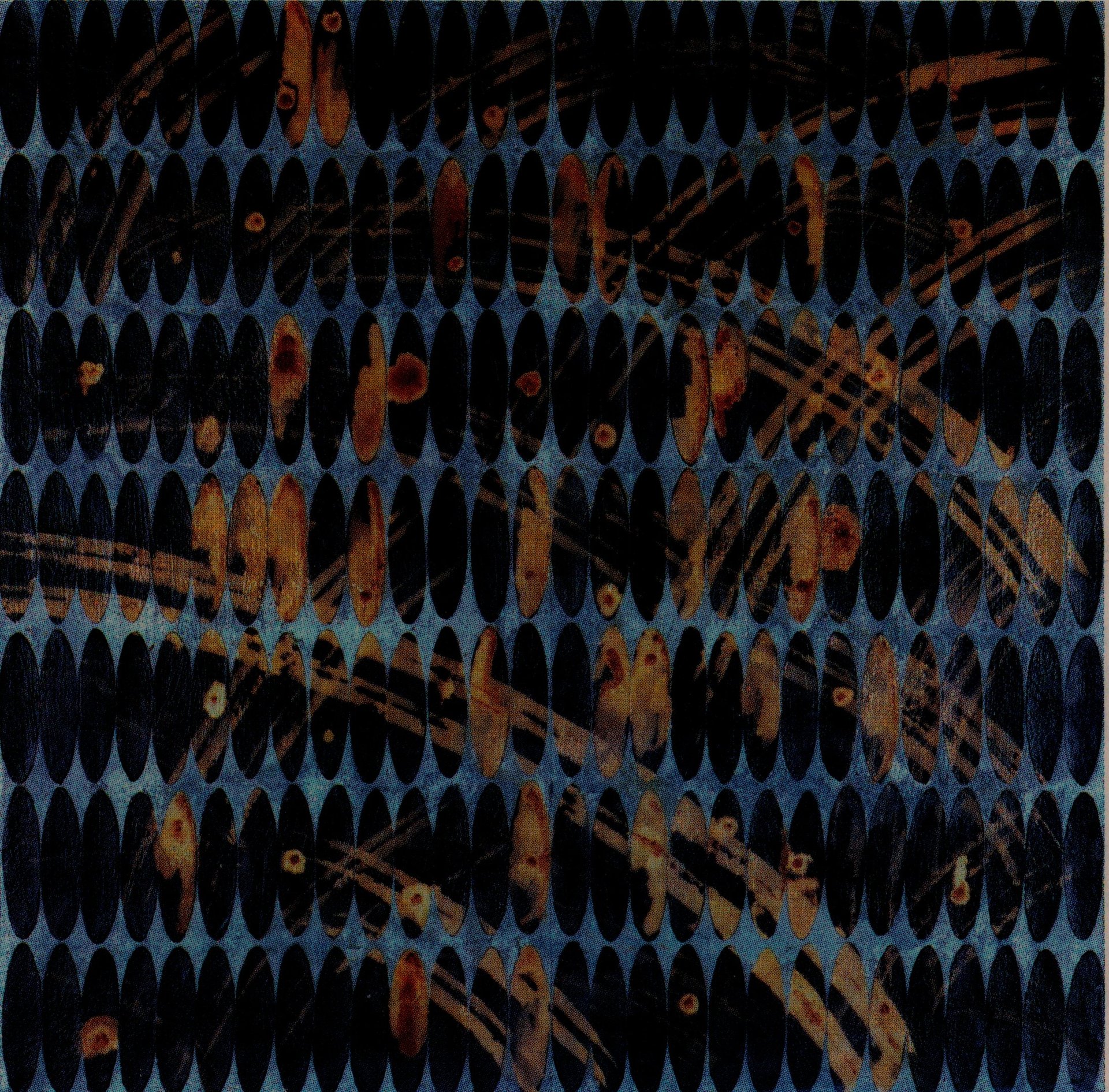
Our Debt of Gratitude
★★★★★
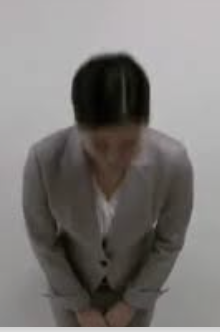

Your story holds the power to heal, and to ensure that these persons are remembered and their actions re-told.
Our thanks to all who submitted stories by the Oct. 31, 2025 date, for the first set of stories now in preparation. The next review of stories received will be announced for 2026.
For many Japanese American families, it took decades for elders to speak of their personal hardships during the forced World War II relocation and incarceration of Japanese Americans. Once shared, their stories have helped subsequent Nikkei generations understand the strength and resilience of our pioneering Issei and Nisei. For others, those stories shed light on the injustices faced by a peaceful civilian population that was targeted by race and wartime hysteria.
Now, we turn to another vital aspect of this history: remarkable acts of compassion and solidarity shown by individuals of non-Japanese heritage during the hysteria following Pearl Harbor, when the government turned upon its own citizens and law-abiding immigrants in issuing Executive Order 9066. Some non-Nikkei stood up, reached out and offered support to Japanese American friends, neighbors, students, and even strangers.
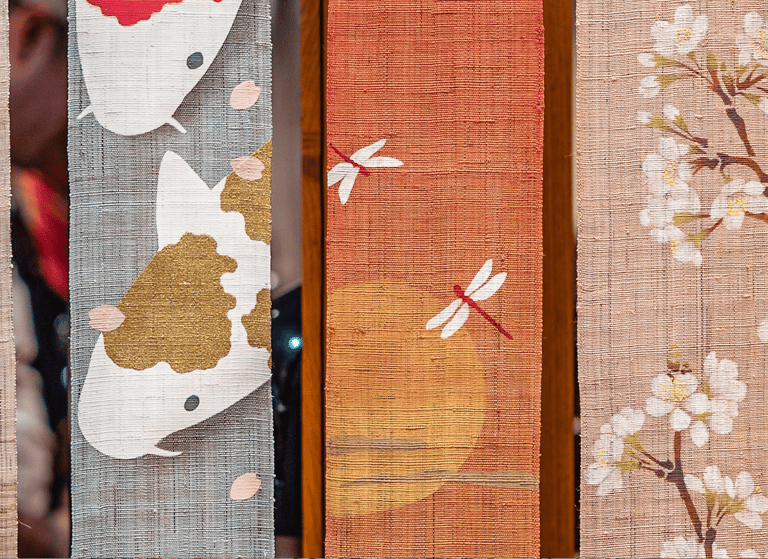

We plan to use these stories to honor those of non-Japanese heritage who stepped forward against the tide of racism, to enhance conversation about personal conviction, and to encourage similar helper actions when an injustice is being done to another person. We intend to offer the collected stories in different formats and media at Japanese American historical sites, museums and displays, and available to others in a non-profit archive, with lengthier story versions included there, referenced, or in print publication.
In a time when immigrant lives and civil rights of different groups are once again increasingly challenged, our full Japanese American history can encourage acts of courage and help to all groups of people now found in the recurring divisiveness we once experienced.
We are gathering stories of assistance and compassion, about individuals of non-Japanese heritage who came forward to help Japanese Americans during the WWII racist hysteria, forced removal from the West Coast and mass incarceration.
We also welcome helper narratives from Japanese Americans who were outside of the West Coast under intense government-ordered restrictions and denial of civil rights while most were not incarcerated at confinement sites
★★★★★


We ask you to send your written stories, with relevant photos or documents uploaded to our email address:
OurDebtOfGratitude@gmail.com
Be sure to include the following:
Your name (preferred pronouns are appreciated)
email address
Phone number
Postal address
Your written story uploaded as an attachment (preferred), or typed in the body of the email.
Please refer to the guidelines at the left, and email us with any questions.
Photos or documents in your possession, uploaded as attachments.
Suggested written length: From one paragraph to one or two pages, which is about two pages double-spaced (500-600 words). Some stories require longer length; we ask for a maximum of about 800 words. We are very willing to reference and/or link an oral history, interview, or publication of a longer version of your story or relevant history. Some stories are of only one paragraph can be equally as impactful as longer ones. You may send in more than one story.
These are often personal stories told and handed down in families, others are stories heard by people motivated to share them. Upon occasion we have welcomed a story which was more in an art form than narrative, and a very relevant story long after the WWII years - we are honored to work with these. Please do not send historical fiction. We aim to be inclusive, but do reserve the right to not use a story. Please email us with any questions.
Preferred format for submission: Word document or Google Docs, sent as an attachment to OurDebtOfGratitude@gmail.com
You may also send a story in the body of the email. If you need assistance writing it down or recording it, or sending it, please email us with your phone number and other contact information, we are happy to work with you.
A copy of a photograph, artwork, or other document that aids the narrative is welcome, preferably as a .jpg or .png file with high resolution. We may need to convert other file types. Please submit only images and graphics that you own, have the copyright to, or have secured permission to use. You are responsible for the publication of photos and for any required permissions to use them. The ODG Project may elect to choose which will be published, and may resize them.
Copyright: All copyrights for the story remain with the author. Previously published works may be submitted if permission is cleared by the copyright owner. We will confirm any suggested edits with you and ask your permission to use the Story and any associated images and graphics before its publication.
Sometimes a "helper" story is within a previously published oral or written history, which can be extracted as an excerpt, if appropriate rights are obtained from the interviewing organization or interviewee.
★★★★★
Guidelines for Stories
Send your Story
Imagine being uprooted from your home,
instructed to take only what you could carry...
And someone stopped by to try to understand.
While many Japanese American families endured profound losses with no one to turn to, some were extended a helping hand or a kind favor by a non-Nikkei individual, someone who came forward amid the hysteria and hatred when our families and communities were being forcibly uprooted and removed from the West Coast. They did things like rented out our farms to pay the land taxes, maintained ways for us to return to something of our homes and businesses, selflessly sought possible alternatives to longterm incarceration, or faithfully extended a kindness while our families were being quickly corralled away. East of the Pacific coastal regions, the severity of restricted Japanese American civil rights were recognized by some non-Nikkei in actions of goodwill that helped our families endure.
These individuals could not prevent the mass incarceration of West Coast residents and nationwide government-enforced restrictions, but their acts of help, large and small, made an immeasurable difference for Japanese American generations to come. The effects of their unforgotten courage and compassion are still treasured today in family stories passed down. These non-Nikkei individuals showed up despite risks of their own surveillance by the FBI and taunts from their own neighbors of being traitors themselves. Some could not publicly show up, but found a way behind the scenes to come forth to help, or to give a Japanese American family a quick but lasting break, hoping no one was looking. They acted.
Generations later, these personal stories of help and empathy offer a different kind of healing. Beyond the narratives of hardships, they illuminate instances of decency and fairness that emerged from a period of profound injustice. Some descendants of early Issei and Nisei have said that in growing up, although little was said about the concentration camps, certain names were heard repeated again and again, in recounting "what these folks did for us", and visits would be made to non-Nikkei families to show that their appreciation continued with the presence of younger generations, in an unforgettable debt of gratitude.
For the present-day generations of Japanese American historical heritage, these stories help heal the intergenerational wounds from racial division stoked during a dark chapter of American history.
These stories awaken pride in the acts of decency and fairness, of courage and kindness that came from their own communities, inviting curiosity into our full American history.
These are the lessons of history that teach us who we can be in our present times.
Watashitachi wa anata ga shiite kureta koto ni ongi to kansha no kimochi de ippai desu.
For what you have done for us, we are full of feelings of gratitude and appreciation.
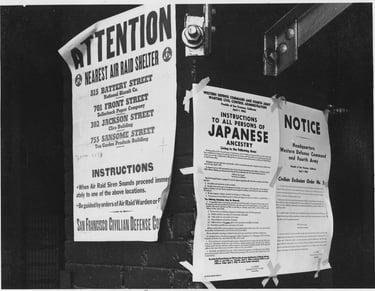

★★★★★
Project Organizers
Margret Mukai
Margret Mukai is a retired nurse and former research scientist based in Philadelphia. During WWII, the Crowningshield neighbors of the Mukais in Spring Valley, CA, rented out the Mukai farm to pay the land taxes, lest the farm be forfeited for non-payment of taxes. Collecting the monthly rent was no easy matter, the renters initially said they didn't have to pay because the Mukais were gone.
Her mother's hero was the Mills College librarian, Evelyn Steel Little, who spearheaded donations totaling 4,000 books in six months from Bay Area libraries, to the Tanforan Assembly Center. Kyoko Hoshiga (Mukai) recalled the unstoppable passion with which Mrs. Little repeatedly tried to gain entry into Tanforan to help her catalog all of the books. The Tanforan Library became the formidable start of the Topaz Relocation Center Library.
Growing up in NY and NJ, Margret was also heartened by stories from Issei and Nisei who were not incarcerated during WWII, but who spoke of those whose goodwill helped them endure the strict civil restrictions and discrimination of those years.
Sandra Mikesell Buscher is a lifelong writer. She taught a class called “Capture the Moment in Words” at her town’s Senior Citizen Center in Bethel, Connecticut for 28 years. Her class was designed to help others write their own stories. When encountering people who say, “No one in my family is interested in my stories,” she responds, “The person who will want to read them might not be born yet.” That is the beauty of writing a story down - it allows future generations to hear the stories we preserve.
A hapa Sansei, Sandra is excited to help facilitate the preservation of “Helper” stories. Her grandfather Masaichiro Marumoto led a caravan of three cars (his own family's car, pictured above) to Utah during the Voluntary Relocation period to avoid incarceration in a WRA camp. Her mother, Yukari Mikesell, who was six years old when they moved to Utah, calls the farmer’s wife who hired them, “Grandma Thurgood”. Even 83 years later, Yukari says, “Grandma Thurgood never slaughtered a chicken for her family without giving one to my mother to cook. She never baked a loaf of bread without giving one to my mother for our family. She was the only grandma I ever had.” Grandma Thurgood’s kindness lives on in those memories.
We are thankful for the generous time, efforts, opinions and suggestions from these persons, and especially
* for Japanese cultural clarification of the concepts of ongi and kansha, and wasure enu ongi: Emy & Yasuo Kamihara of Montclair, NJ.
-for the space to raise new ideas : JAMP -Japanese American Memorial Pilgrimages.
-for website review: Rob Buscher, Doug Mukai, Quinha Faria, Arlin Ortiz, and others.
- for Interest and encouragement from Nikkei and non-Nikkei friends.
Project Helpers
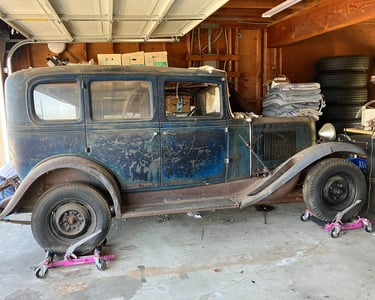

The initial organization for this project began during an intergenerational discussion session at the September 2024 Topaz Pilgrimage held by JAMP - Japanese American Memorial Pilgrimages .
Sandra Buscher
We may be contacted for questions, brief comments and suggestions using the adjacent form.
For inquiries more than 200 words, please email us at OurDebtOfGratitude@gmail.com . Thank you.
